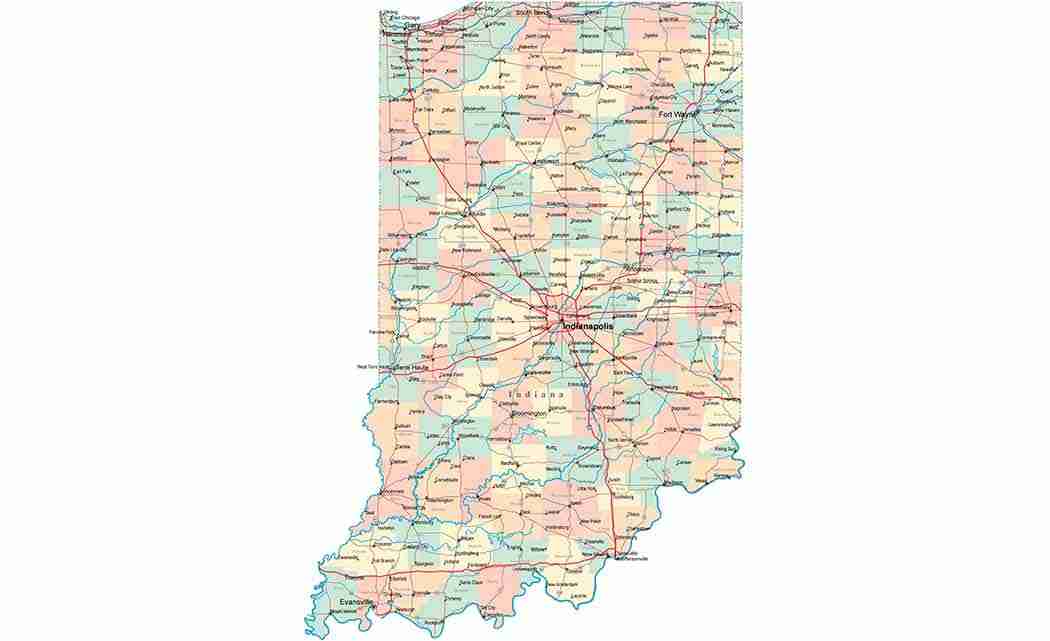By RICK CALLAHAN
INDIANAPOLIS (AP) _ State health officials are creating profiles of HIV and hepatitis C rates for all 92 Indiana counties to help local officials detect outbreaks of either disease and determine if they can seek help under a new needle-exchange law, a top state disease expert said Wednesday.
State epidemiologist Pam Pontones told members of the State Department of Health’s executive board that the state agency hopes to quickly complete work on those profiles, which will also include intravenous drug use rates for each county.
Having that data will help county health officials determine if they’re facing an outbreak of either virus, and _ if it’s tied to IV drug use _ whether they can request state approval for a needle-exchange program to try to contain that outbreak, she said.
“It gives them information that can help them make that determination and it will also help show what areas of the state have higher rates of infections, and where the state might need to direct resources, if intervention is needed,” Pontones said.
A new measure signed into law last week by Gov. Mike Pence allows Indiana communities to seek state approval to run needle exchanges if they can prove they’re facing an HIV or hepatitis C epidemic that’s being fueled by IV drug use.
That legislation, which ended Indiana’s ban on needle-exchanges, was spurred by a southeastern Indiana HIV outbreak that’s tied to needle-sharing among IV drug users. That region since December has had 153 confirmed cases of the virus that causes AIDS.
Pontones said it’s expected that each county that receives permission for a needle-exchange program will tailor it for their local population.
“Needle exchange programs are not a one size fits all. It’s really based on community needs and what’s going to best serve those folks,” she said.
Pontones said Scott County, where nearly all of the HIV infections in Indiana’s outbreak have occurred, is nearing a decision on asking State Health Commissioner Dr. Jerome Adams for permission to operate a limited needle-exchange program under the new law. Adams would then have 10 days to approve or deny such a program, or opt to weigh that request for another 10 days.
An executive order that Pence signed in late March and reauthorized last month allows a limited needle-exchange program in the county that’s about 30 miles north of Louisville, Kentucky. That program runs through May 24.
Nearly 290 people are taking part in that exchange, which has distributed about 13,000 clean needles through an outreach center in Austin, the small city that’s the outbreak’s epicenter.
Pontones said 80 percent of the 153 infected with HIV in Indiana’s outbreak are also infected with hepatitis C _ a virus spread more easily than HIV through needle-sharing.
“So what we have in a way is a dual outbreak going on there. We have such a large proportion of individuals co-infected,” she said.













No Comment